View all Standards for Alberta, Canada
4 demonstrate knowledge of appropriate safety procedures
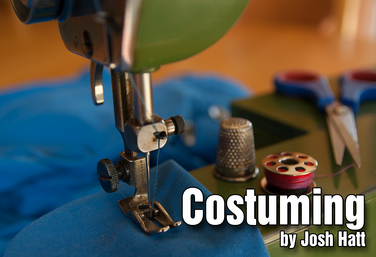
Part of the Technical Theatre Mini Units Curriculum
Costuming
by Josh Hatt
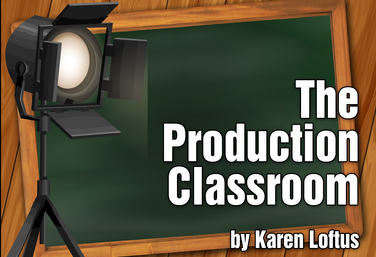
Part of the Production Classroom Units Curriculum
Production Classroom Units Overview
by Karen Loftus

Part of the Production Classroom Units Curriculum
Part One - Pre-Production
by Karen Loftus

Part of the Production Classroom Units Curriculum
Part Two - Rehearsal and Performance
by Karen Loftus

Part of the Production Classroom Units Curriculum
Part Two - Documents
by Karen Loftus

Part of the Production Classroom Units Curriculum
Part Three - Reflection and Assessment
by Karen Loftus
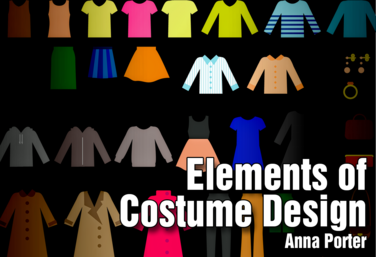
Elements of Costume Design *Hyperdoc
by Anna Porter

Part of the Stagecraft Without a Theatre Curriculum
Costume Design
by Holly Beardsley, Karen Loftus, and Josh Hatt

Part of the Stagecraft Without a Theatre Curriculum
Costume Construction
by Karen Loftus

Part of the Stagecraft Without a Theatre Curriculum
Culminating Project
by Karen Loftus
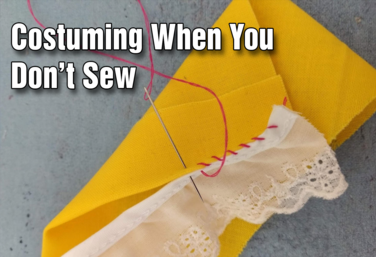
Tech Theatre Unit: Costuming When You Don't Sew
by Drama Teacher Academy

The Do-it-All Director's Introduction to Costuming
by Holly Beardsley
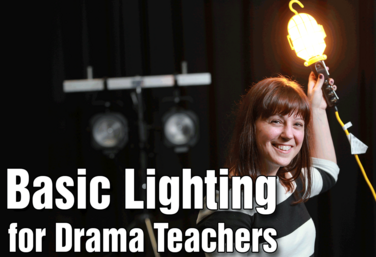
Basic Lighting for Drama Teachers
by Claire Broome

The Production Classroom
by Karen Loftus
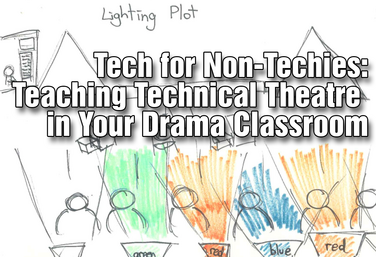
Tech for Non-Techies: Teaching Technical Theatre in Your Drama Classroom
by Josh Hatt
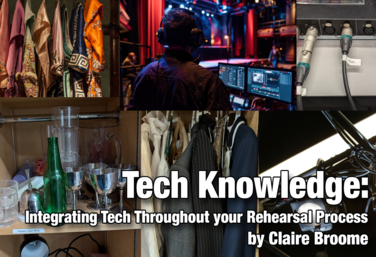
Tech Knowledge: Integrating Tech Throughout Your Rehearsal Process
by Claire Broome
View all Standards for Alberta, Canada Standards Master List